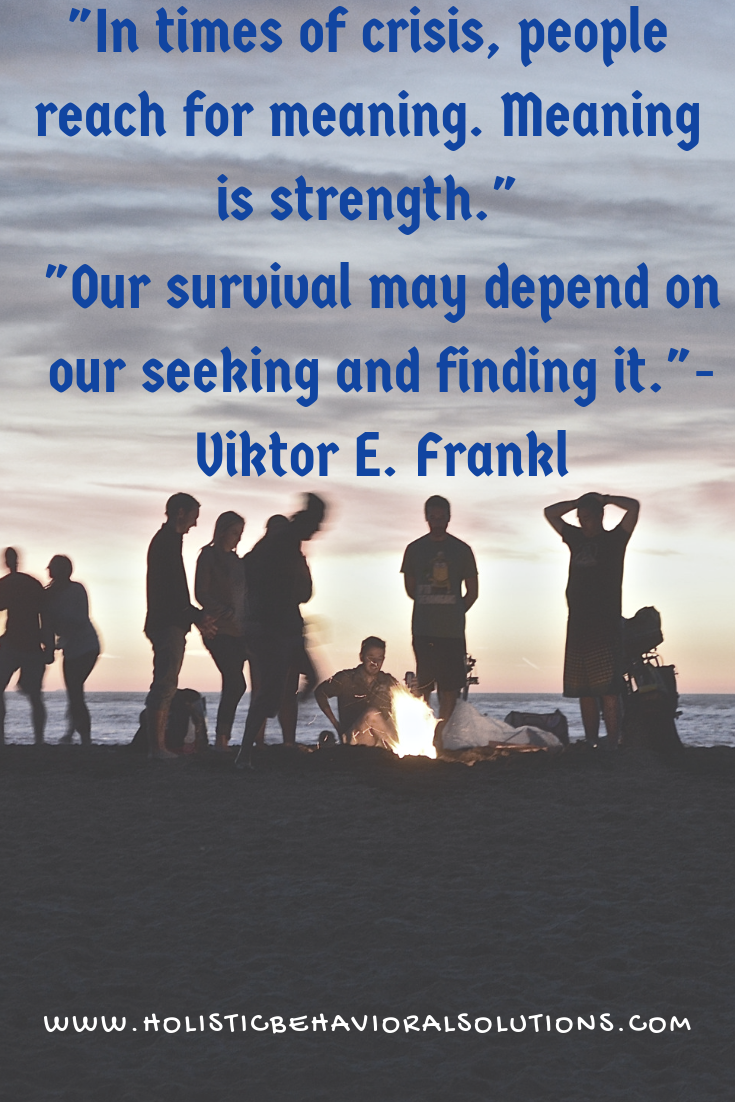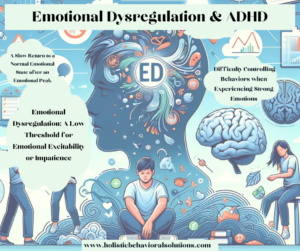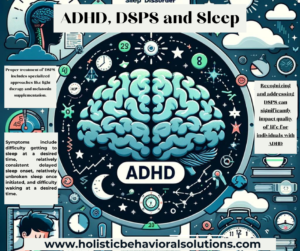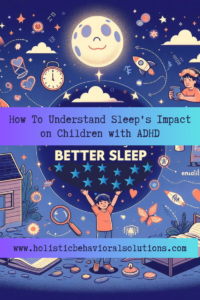
Crisis Counseling: Focus=Intensity
Typically, cases that come into the therapy space are often acute. The child, individual, couple, and/ or family have developed and maintained a unique behavior pattern. This established pattern can often be so difficult to break that it appears hopeless. I’ll hear “Fix him!” and parents give a list of 20 things the child/ teen must change immediately! “Fix her! She doesn’t listen.” Sound familiar?
We’re human; we all want things yesterday. However, personality and behavior develop over time. Behavior takes time to change. I encourage parents to reconsider diluting their efforts. I encourage them to focus on two or three specific behaviors that they would like to change. Think about a recent crisis that you may have had. Consider triggers to the event. Think about how you could have de-escalated the situation. Process what you learned afterward. What can you do differently next time? The therapeutic process means dumping it all out. First, we dump, then we sort, validate, and repair. Often, we try to get to the solutions, and we are skipping the foundations.
Coping With Crisis
Close your eyes and think about a situation in your life that you are committed to changing. Think about those actions that will support this lasting change. Think about that ONE step that you can do RIGHT NOW to put you in the right direction. Affirm to yourself that you can do this one small step. Put the big goals aside for a while. We will get back to those. Stay with the small changes. Master the one step, and then we move to the next step.
If you are working with a loved one or a child, the small step might be responding to an instruction within one prompt. For an intimate partner, it might be getting them to walk away from an argument instead of blowing up. For yourself, it could be as small as polishing your resume. Sounds small, right?
Personal experience tells us that small actions are not that easy, and we all get frustrated. When you get frustrated, take a mental health break. You can go to the bathroom, drink some water, breathe in, visualize calm, and center yourself to model the behavior you want to see in your loved one. Remember that you are also a loved one for yourself. Spend some time in mediation and contemplation before and after the crisis.
Recognize crisis counseling as the first step in your journey towards change for yourself and your loved one. If you value that first step, make plans to continue this growth and maximize this opportunity. Commit yourself to change, burn the ships, and don’t look back.


